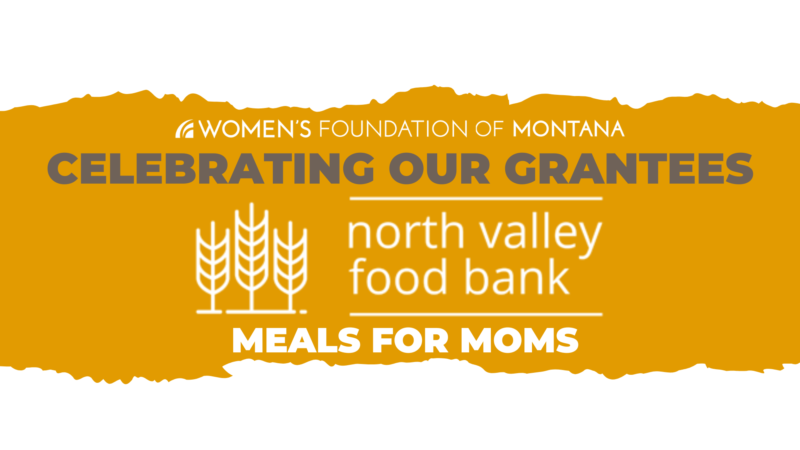Blog
Federal Policy Solutions for Montana Women: A Call for Change
September 09, 2025
The Institute for Women's Policy Research (IWPR) has released its 2025 Federal Policy Agenda, outlining critical solutions to advance gender equity nationwide. For Montana women and families, these federal interventions could be transformative, especially considering Montana's primarily rural population and limited resources.
Care Access: A Rural Crisis
Montana families face crushing childcare costs. Current infant care averages $11,700 annually, yet the Montana Child Care Cost Model shows centers need to charge $27,370 per year for high-quality care. This gap leaves families struggling, while 68% of Social Services businesses identify childcare shortages as a critical deficit.
IWPR's agenda calls for capping childcare costs at 7% of household income—transformative relief for Montana families. The plan prioritizes rural areas through:
- Investment in publicly funded childcare with living wages for workers
- Support for family and home-based care is crucial in rural areas
- Expanded Medicaid Home- and Community-Based Services to eliminate waitlists
- Care beyond traditional 9-to-5 hours
Reproductive Health: Geographic Barriers
Montana's vast distances create significant access barriers for comprehensive reproductive healthcare. Nationwide, 19 million women need publicly funded contraception, and rural "contraceptive deserts" force Montana women to travel hundreds of miles for basic care.
Key solutions include:
- Expanding over-the-counter contraception through pharmacy networks
- Ensuring Medicaid coverage for menstrual products
- Supporting college campuses in providing reproductive health services
- Tripling Title X family planning program funding to $737 million
Pay Equity: Persistent Gaps
Montana women earn just 71 cents for every dollar men earn. At current rates, women won't reach pay equity until 2066, with Black women waiting over 200 years.
Federal solutions include:
- Strengthening equal pay protections through the Paycheck Fairness Act
- Promoting salary transparency and banning salary history inquiries
- Supporting women's access to male-dominated fields through STEM programs
- Utilizing federal infrastructure investments to create pathways to good jobs
The Path Forward
These interconnected challenges require comprehensive solutions. Montana's congressional delegation can champion policies addressing rural women's unique barriers while advancing nationwide equity.
The time for federal action is now. Montana women deserve policies that address these issues, alleviate financial burdens on families, and support economic stability in Montana's rural communities.



